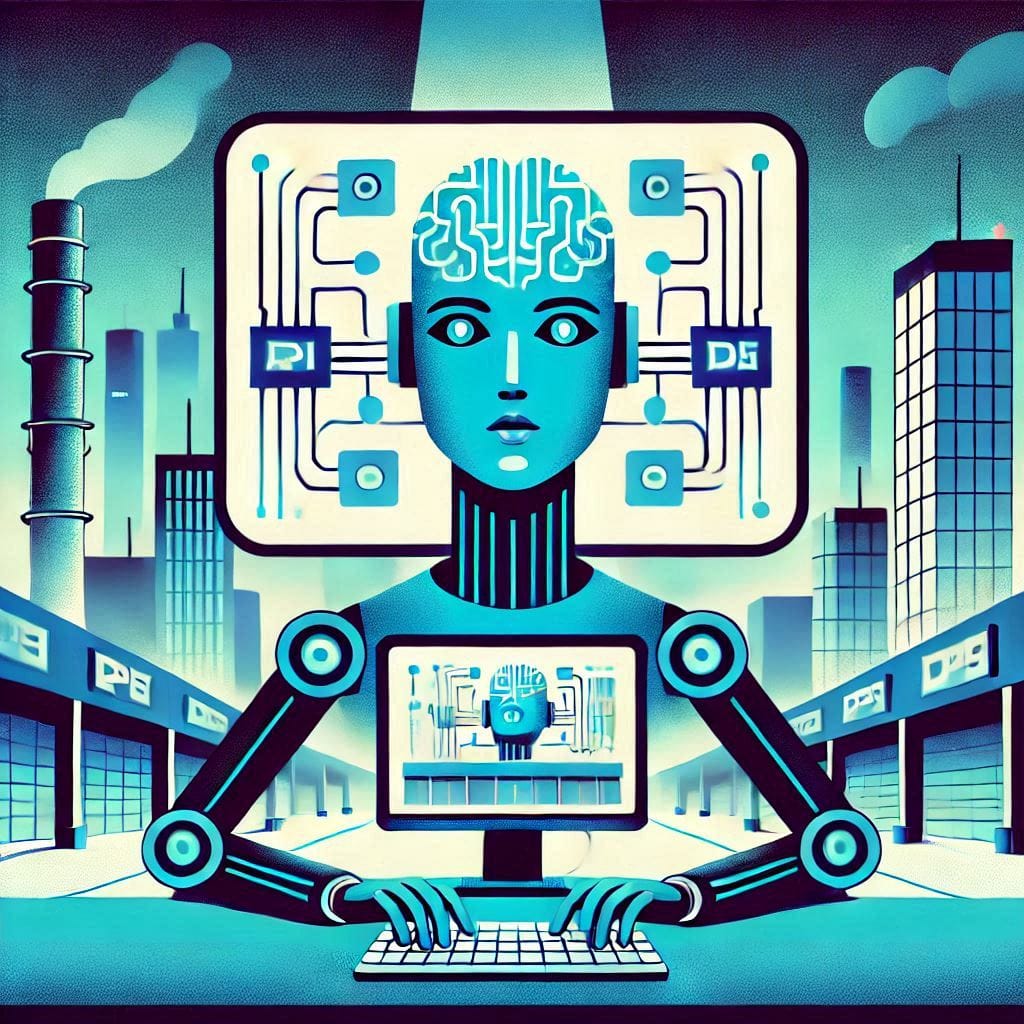OpenAI, known for its groundbreaking advancements in artificial intelligence, is embarking on a significant transformation. Originally established as a nonprofit organization, OpenAI has announced its plans to become a for-profit Public Benefit Corporation (PBC). This change is driven by the need to attract more investment and to meet the financial demands of developing artificial general intelligence (AGI). As a PBC, OpenAI aims to strike a balance between shareholder interests, stakeholder interests, and public benefit.
Financial Demands and Restructuring
The financial requirements for advancing AI technology are immense. OpenAI’s ambitious projects, including data-intensive models and cutting-edge research, necessitate substantial funding. By transitioning to a for-profit entity, OpenAI hopes to tap into conventional investment opportunities, making it easier to raise the necessary capital. The new structure will see the for-profit arm of OpenAI managing its operations and business aspects, while the nonprofit arm will continue to focus on charitable initiatives in areas like healthcare, education, and science.
Controversy and Opposition
This decision has not been without its critics. Notable figures in the tech industry, such as Elon Musk, have voiced concerns about the potential impact on OpenAI’s original mission. Musk has even gone as far as to file a motion to block the shift, arguing that it could compromise OpenAI’s commitment to its philanthropic goals. Despite the controversy, OpenAI’s leadership believes that becoming a for-profit entity will enable the company to balance innovation with societal impact, ensuring that the benefits of AGI development are shared widely.
Today News:
Malaysia’s Economic Transformation: Key Achievements and Future Prospects
UK Researchers Warn of AI Manipulating Choices in Emerging Intention Economy

